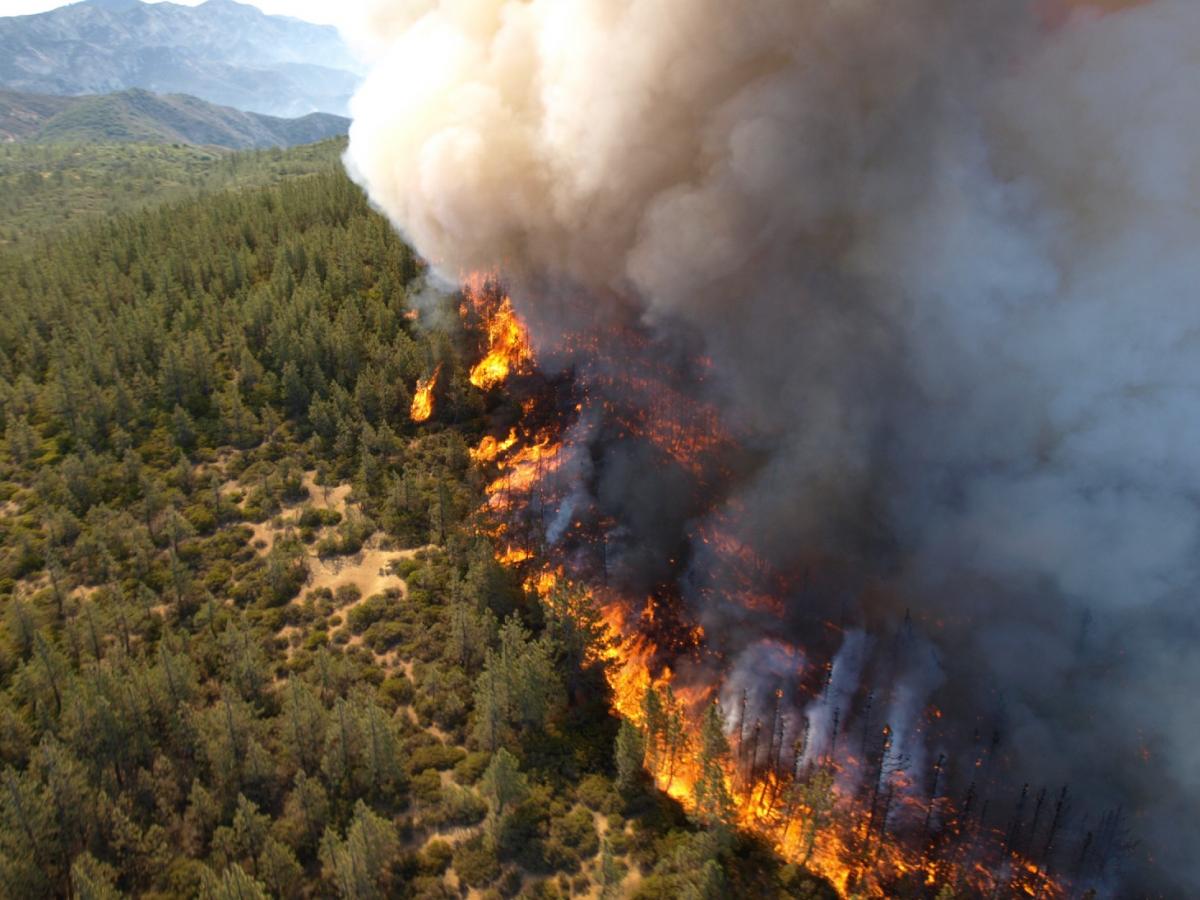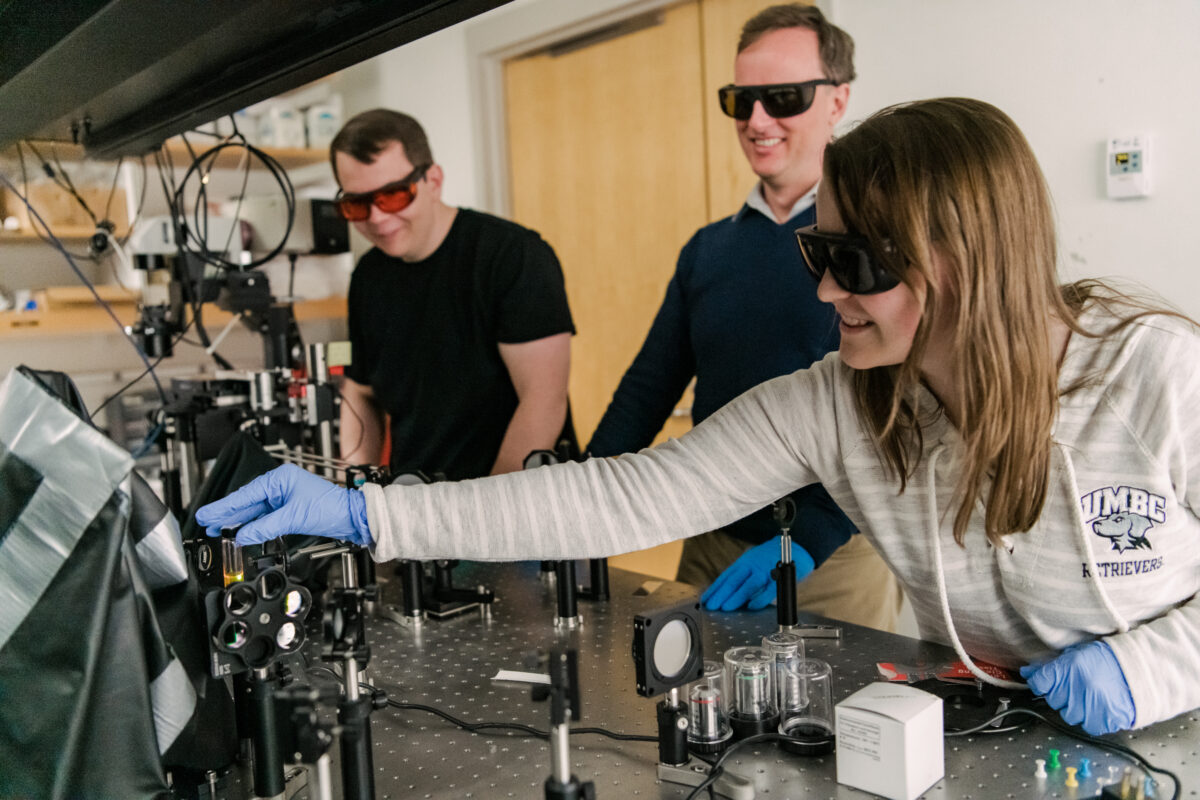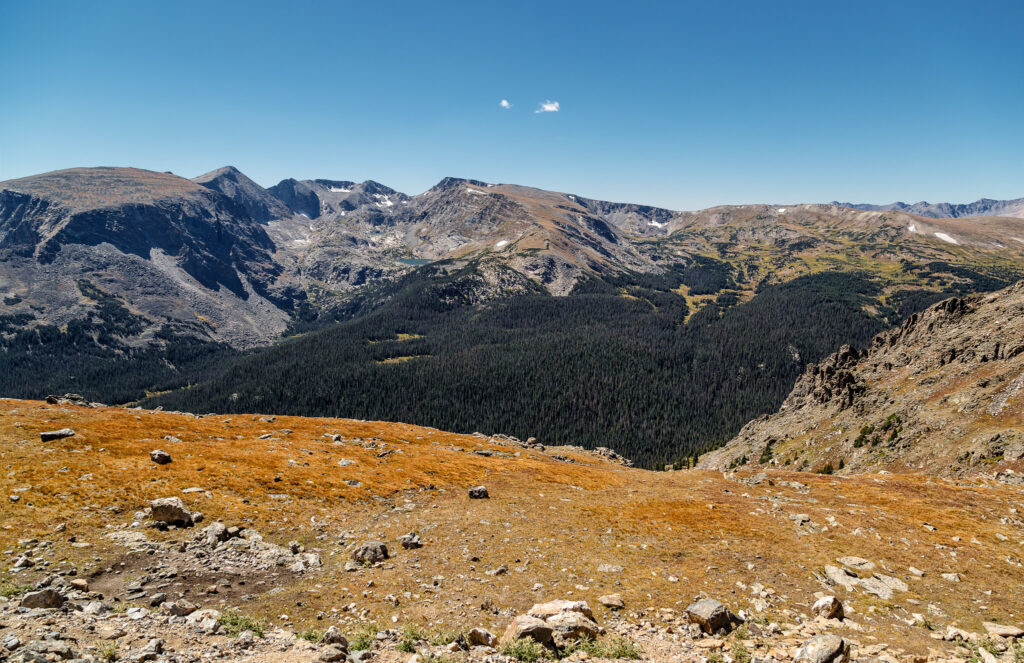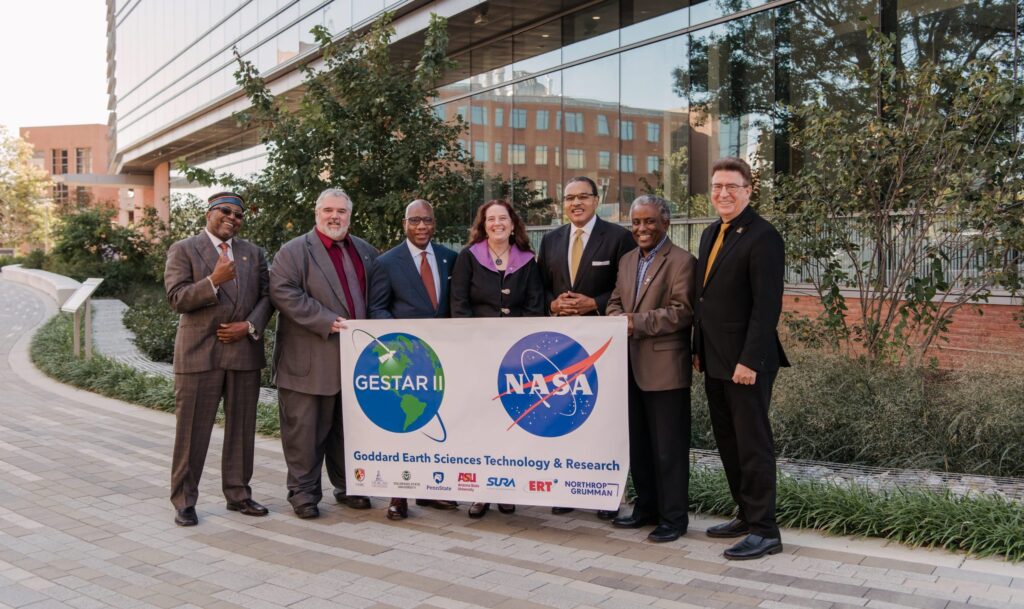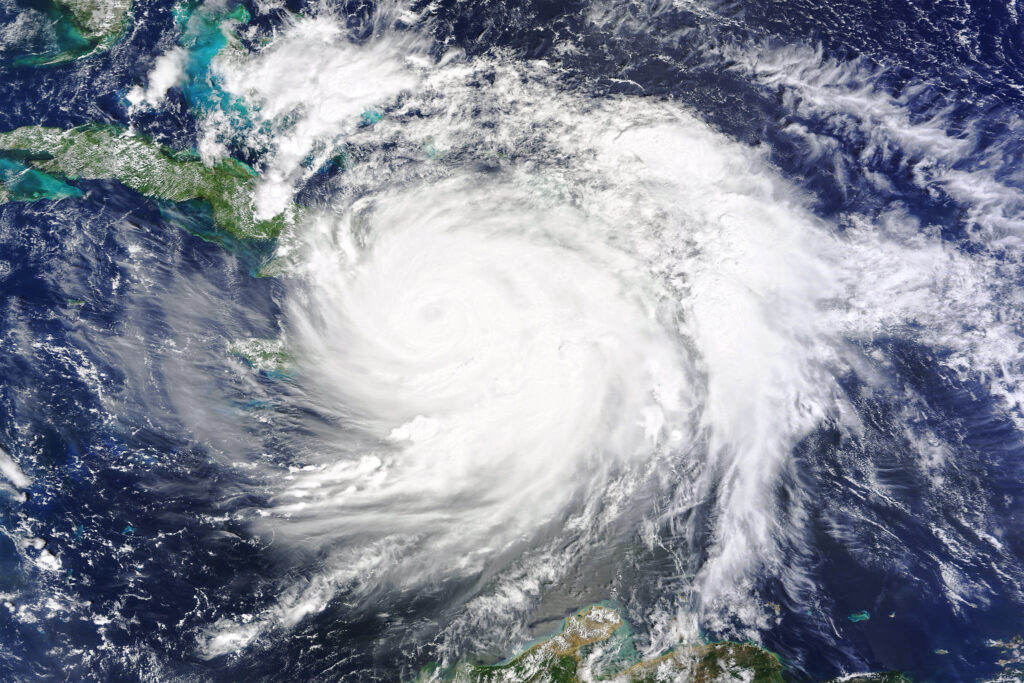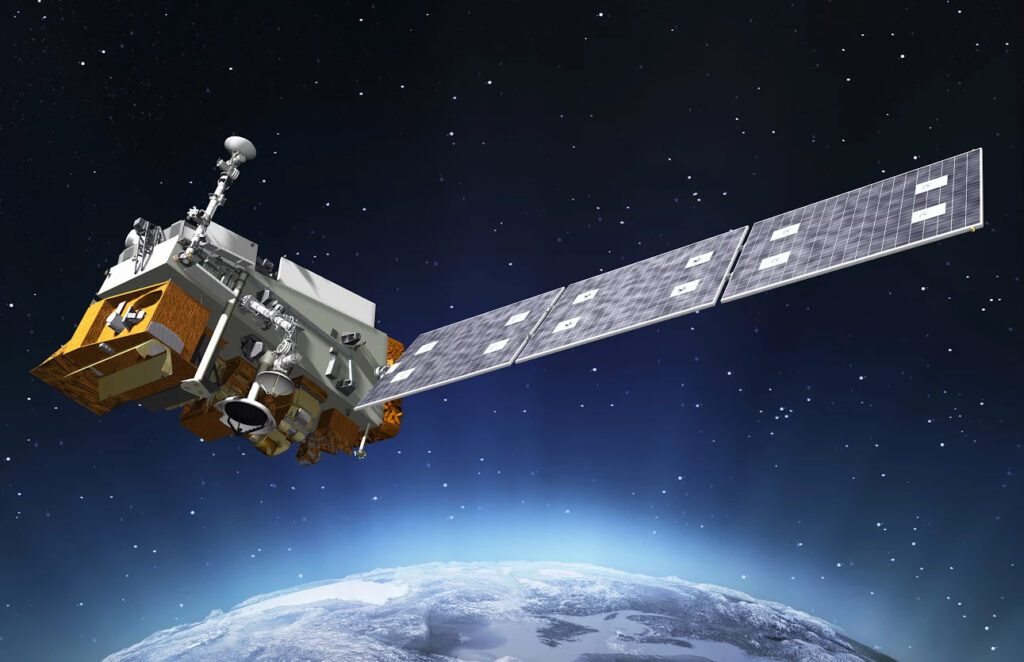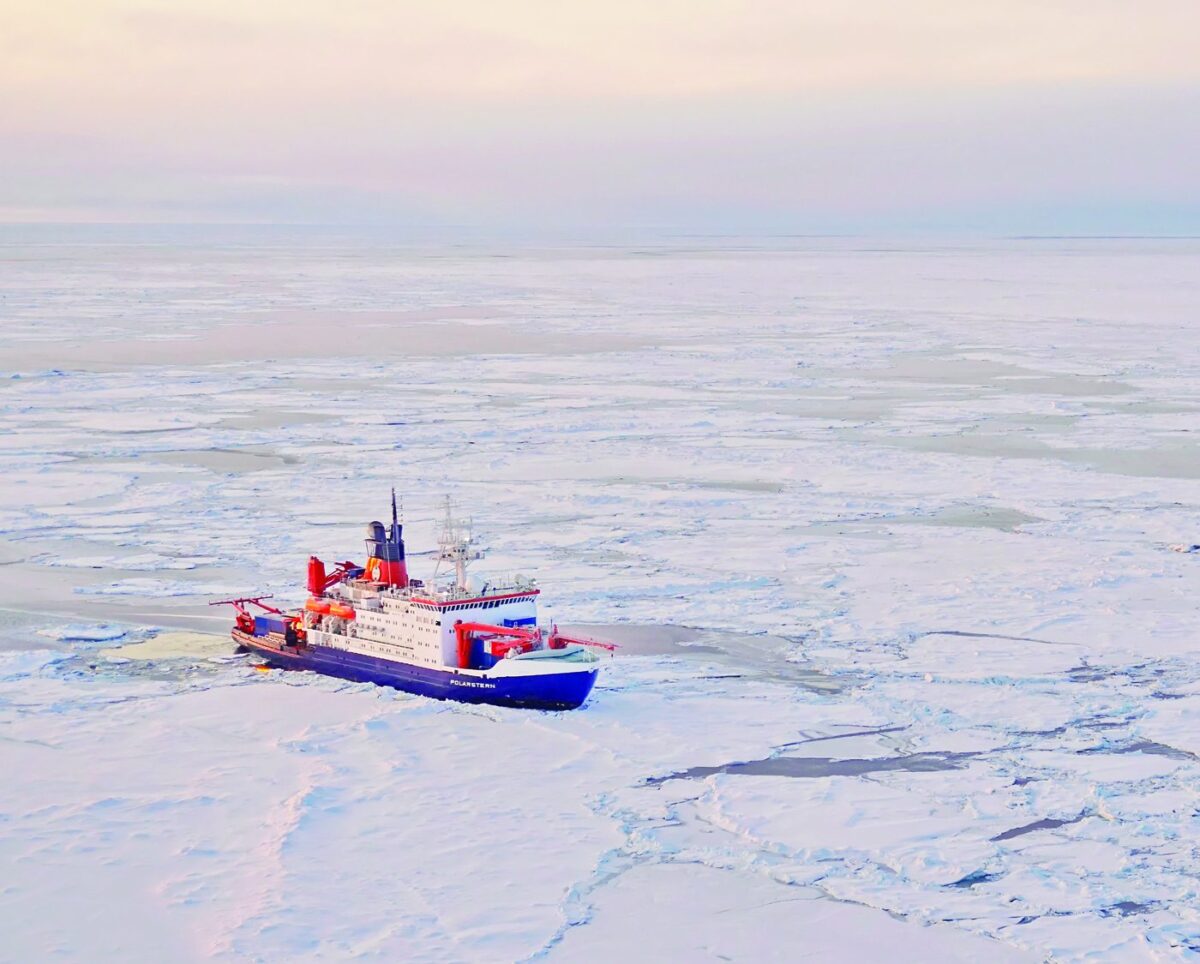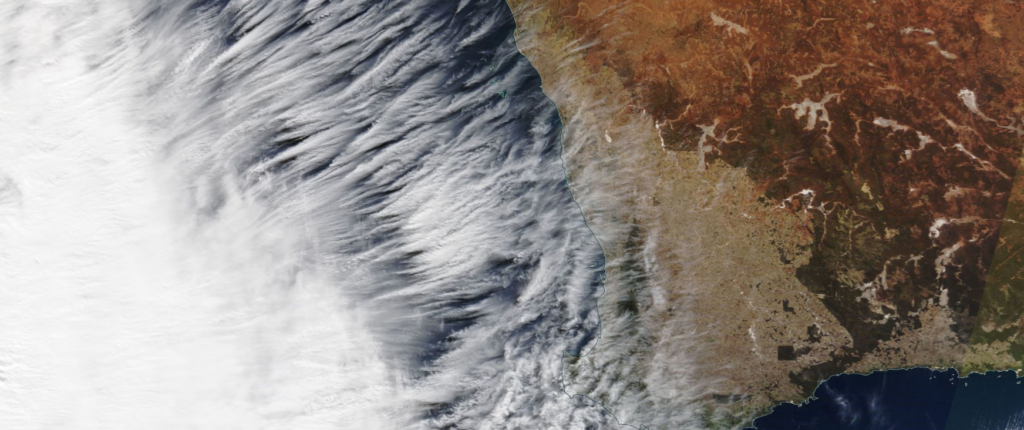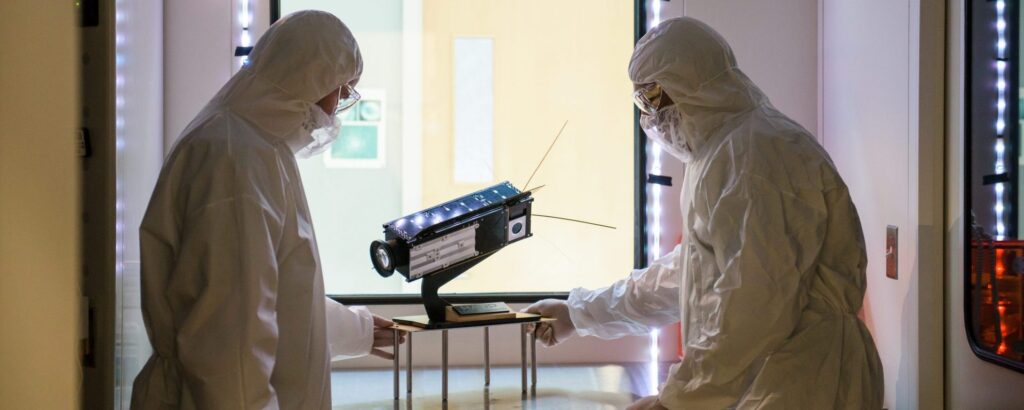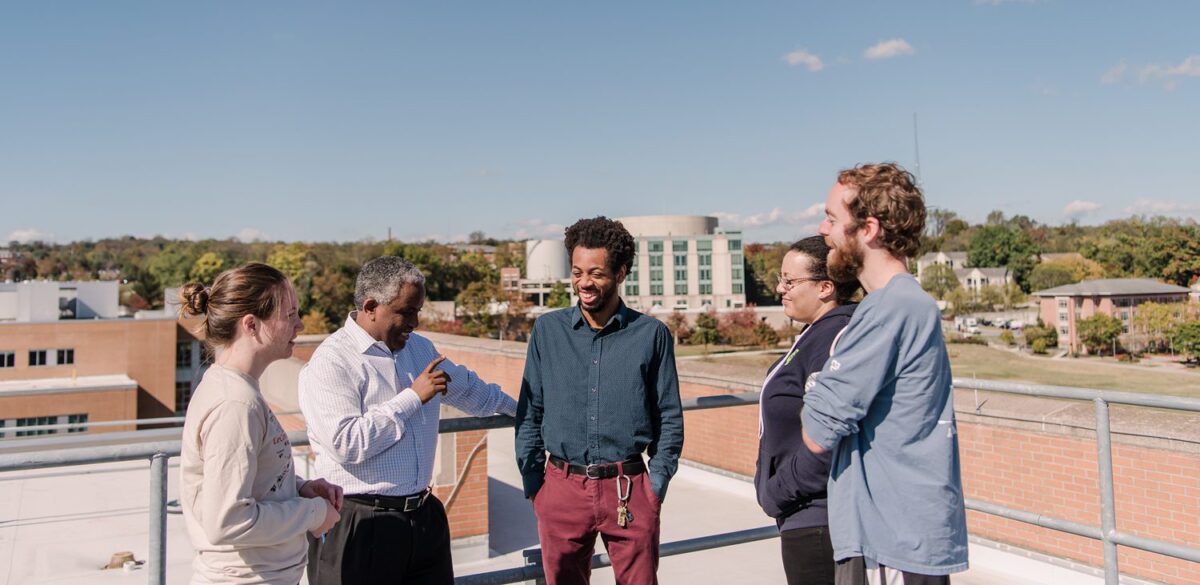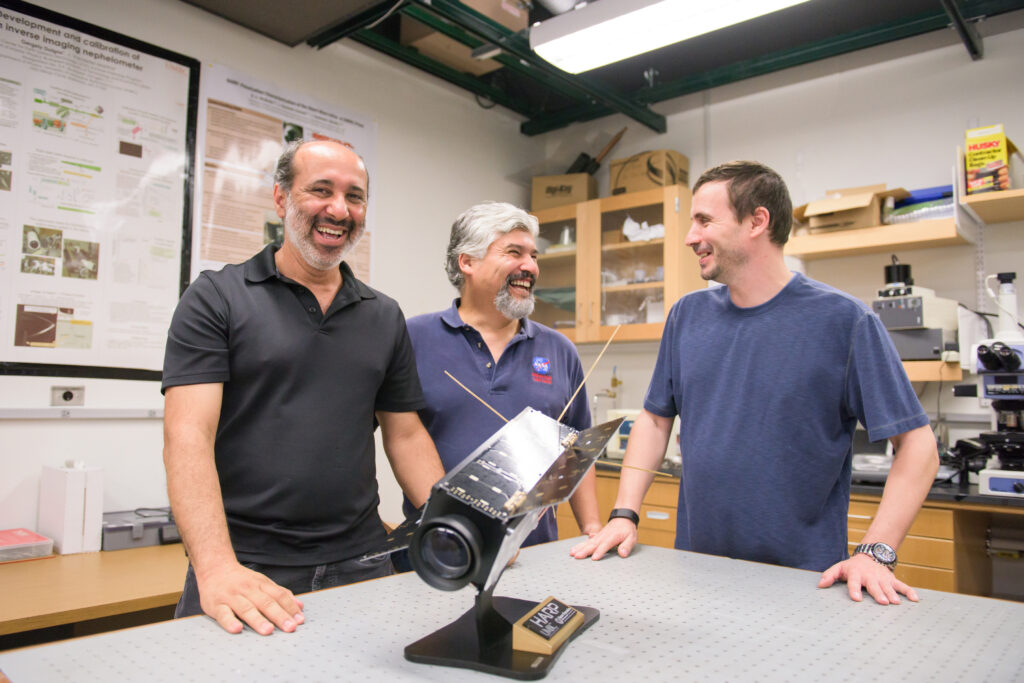New UMBC/Los Alamos research on megafire smoke plumes clarifies what they contain, how they move, and their potential impacts
In recent years, large, intense wildfires, known as megafires, have increasingly caused severe damage to forests, homes, and crops. In addition to megafires fatally impacting humans and wildlife alike, they may also be impacting climate change. New research led by UMBC’s Stephen Guimond provides insight into how the large smoke plumes produced by megafires can be more accurately modeled and characterized to improve our understanding of how they might impact the earth. Continue Reading New UMBC/Los Alamos research on megafire smoke plumes clarifies what they contain, how they move, and their potential impacts

